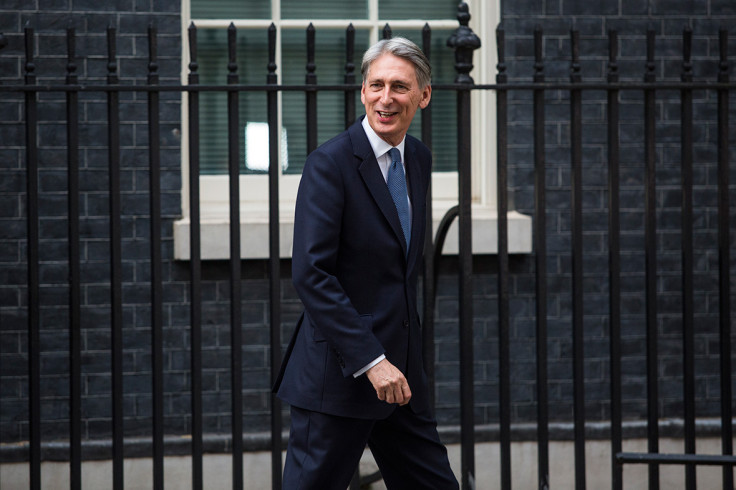Chancellor Philip Hammond tells EU that UK will not lower corporation tax below 17%, report says
The Chancellor has dismissed George Osborne's target of 15%, report says

The UK government will not reduce its corporation tax rate below 17%. The decision was reportedly revealed by Chancellor Philip Hammond to European Union finance ministers during a meeting in Slovakia on Saturday.
This follows George Osborne, the former UK chancellor stating during his last days in office that he could slash corporation tax to less than 15%. His statement had come at a time when the UK government was shaken by the impact of the Brexit vote. He had then said this could help woo businesses that are critical of a post-Brexit Britain.
However, the current chancellor is now said to have dismissed Osborne's target. According to sources, he told his EU counterparts that Osborne's remarks should not be seen as government policy. "Suggestions made in the last days of office are just suggestions," he was quoted as saying by the Financial Times.
Britain currently levies a 20% tax rate for business. Hammond said he would stick to the UK government's plan to cut this rate to 17% by April 2020. This would still be much lower than the EU average of around 24%.
Commenting on the subject, the UK Treasury said, "The government is committed to a competitive tax regime and decisions on tax policies will be set out at future Autumn Statements and Budgets in the usual way."
The decision shows the UK has retreated from a move that would have otherwise caused an apparent tax competition against its EU partners. It also comes at a time when the EU is pursuing a campaign to act against such beggar-thy-neighbour policies, where one country attempts to remedy its economic problems by means that will worsen the economic problems of other countries. Hammond's remarks also follow the EU recently ordering Ireland to claim €13bn (£11.02bn) in unpaid taxes from Apple.
Commenting on Hammond's comments, Karel Lannoo, chief executive of the Centre for European Policy Studies in Brussels, said it was "an olive branch." He indicated it was in contrast to Osborne's plan, which was "a bit of a panic reaction" that sent a message "we don't care and we'll just go ahead with regulatory competition."
© Copyright IBTimes 2025. All rights reserved.





















